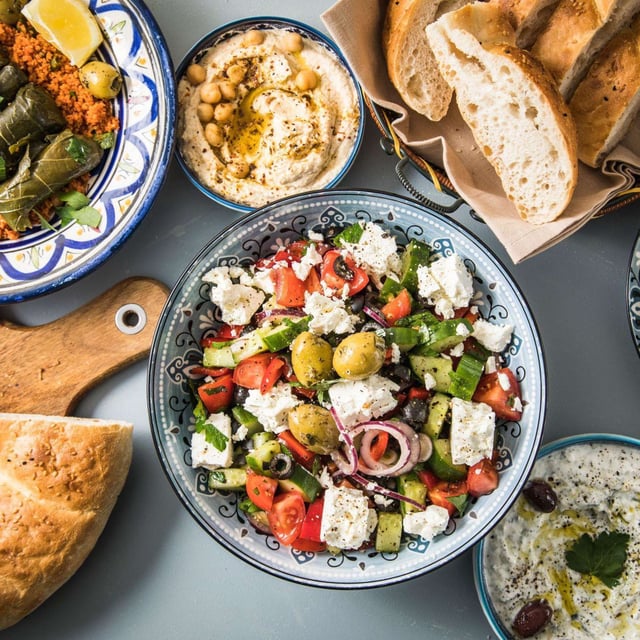Overview
- The Mediterranean diet centers on fruits, vegetables, whole grains, legumes, nuts, seeds and olive oil, with meat, bread and sweets playing only a minor role.
- Clinical studies indicate that preventing arterial calcification and reducing risk factors for diabetes and heart attack require years of consistent Mediterranean eating.
- Nutritionists urge stepwise swaps, recommending olive or rapeseed oil instead of butter, processed-meat alternatives such as vegetable spreads and more vegetables in every meal.
- Experts emphasize that fostering convivial meals and positive mood is as important as food choices in realizing the diet’s holistic benefits.
- Endorsed by the Deutsche Gesellschaft für Ernährung, the diet is designed for lifelong practice and is not intended as a short-term weight-loss regimen.


